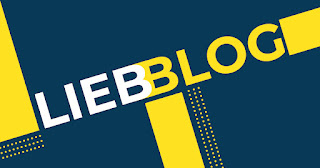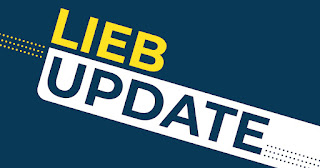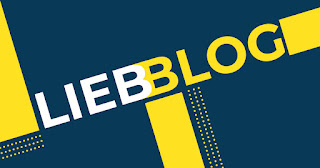For years, businesses have taken advantage of consumers with predatory fees added to gift cards and gift certificates. But this Holiday Season, extra fees on gift cards will get businesses on Santa’s Naughty List!
The New York State Legislature passed a Bill amending section 396-I of the general business law, which bans businesses from charging additional fees on gift cards. The fees mentioned in the Bill include activation fees, retroactive fees, redemption fees, service fees, dormancy fees, latency fees, administrative fees, handling fees, access fees, periodic fees, renewal fees, re-loading fees, or any fee of any kind for gift cards.
The Bill goes further in its consumer protections. Businesses are banned from selling gift cards where the balance declines over time or declines for nonuse. And if signed into law, it will be unlawful for businesses to sell gift cards with expiration dates unless it’s a promotional gift certificate that expires nine years after its issued and the expiration date is clearly stated.
Perhaps the most joyous aspect of this holiday-timed Bill is, consumers will be given the ability to redeem for cash value the remaining balance on a gift card if the remaining value is less than five dollars. However, there is an exception if the gift card is an open loop or promotional certificate.
While the holidays may be on our minds, it’s important to note that the Bill covers several types of gift cards that can be used across many types of businesses all year round.
Governor Hochul has until December 8th to sign the Bill into law. Once signed, the law will come into effect in one year.
If caught in violation of the law, businesses can be held liable for compensatory damages, punitive damages, penalties and attorneys’ fees being awarded to the victim. If you believe that you were subjected to this kind of unlawful business practice by a merchant, your lawyer will be able to determine its involvement during the lawsuit and leverage the business’s non-compliance with the NYS Bill to win your case.









